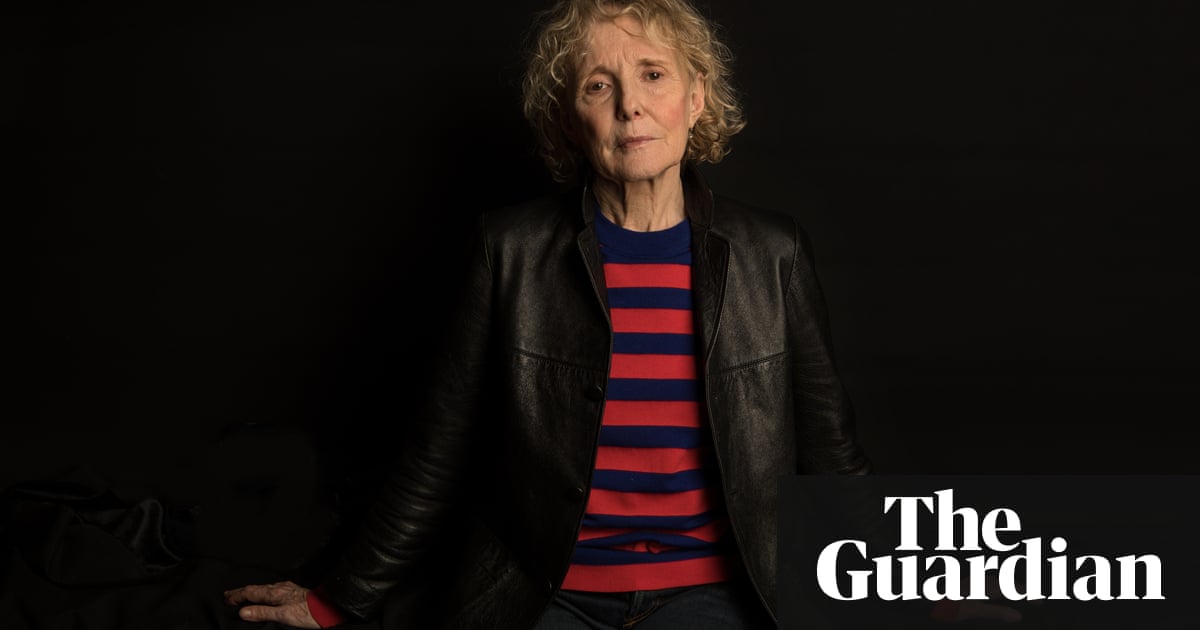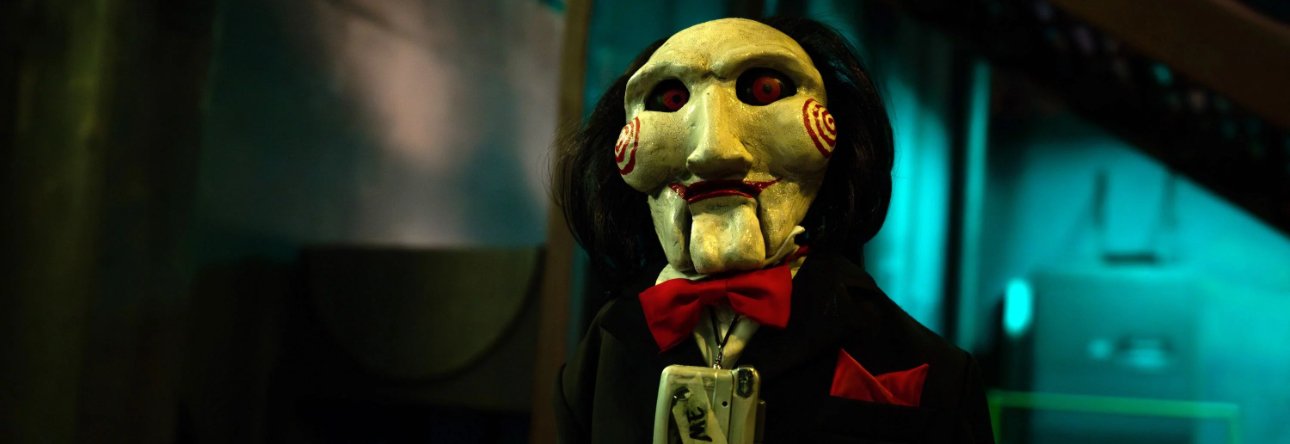
From an interview with The Guardian
Mmmmhm.
“That’s a discussion that’s only being had in rich countries. The world is not just the United States and Europe. It’s a debate of spoiled children. I couldn’t care less about the Weinstein affair – it hasn’t changed anything for women.” When it comes to debates on sexual power, she argues, the benchmark was set by the 1976 Japanese film In the Realm of the Senses: “A master oppresses his female servant and she finally kills him through sex. In the west, the real problem is the class struggle; that’s where all the sexual problems come from.”
What I’ve asked her, Denis complains, is “a bourgeois question. Egyptian or Yemeni women don’t give a damn about Weinstein. They have to deal with bombs, they don’t have running water in their kitchens, they get raped in buses.” So does she feel that growing up in African countries – including Senegal, Cameroon and Djibouti – gives her a wider perspective than a purely western one? Denis gives me a forbidding glare. “There are no more rapes in Africa than in France. On the contrary. I never met a Harvey Weinstein in Africa.”
Last March I wrote:
The French seem to have had a totally opposite reaction to the #MeToo movement, at least judging by the number of actors, actresses, and directors that have shown their disdain towards it. Take for example an open letter published in Le Monde that compared the movement to “puritanism,” but insisted that although “rape is a crime, insistently or awkwardly hitting on someone is not,” additionally blaming the #MeToo campaign for “expeditious justice” to men who “may have touched a knee, tried to steal a kiss” or “spoken of ‘intimate’ things during a professional dinner.” More than 100 “prominent French women,” from the industry had signed that letter, including Catherine Deneuve, as a right to try and defend “sexual freedom.” Oh and lest we forget the immense amour French cinephiles have given Woody Allen over the past 3 decades, even as his work stateside has been much less popular with critics and audiences. His French distributor Stéphane Célérier, the head of Mars Films, last week defended Allen when it came to the tumultuous and controversial sexual accusations brought forth against him by his daughter Dylan Farrow, with Célérier even going as far saying “This affair makes me think of the case of the Witches of Salem which Arthur Miller used so expertly in his play [‘The Crucible‘] as an allegory for McCarthyism.” Oh and there's Austrian director Michael Haneke, whom the French have adopted as one of their own, that had harsh words to say about the #MeToo movement a month ago.
All this to say that Catherine Breillat is now the latest filmmaker to condemn the movement, the director of "Fat Girl" and" Abuse of Weakness" appeared on the the Murmur podcast to discuss Harvey Weinstein and Asia Argento to #MeToo and Jessica Chastain. [Update: For some stupid, surely political, reason, the Murmer podcast episode has been deleted.]
On Harvey Weinstein:
“Despite everything, I think that Europeans have lost a lot with the loss of Harvey Weinstein,” Breillat said “You have to remember that there are French producers who we haven’t denounced — I won’t mention them; I won’t mention names, although I know three who are extremely respected — I don’t know why they weren’t denounced as well. They absolutely had their place.”
On Jessica Chastain:
“Long before the #MeToo movement started, I was very upset when Jessica Chastain made statements against the film ‘Last Tango in Paris.’ If you listen to her, that film should never have been made. To listen to her, Maria Schneider was raped. But Jessica Chastain wasn’t there, and it’s not true — I was on set. The scene was fiction.” “What’s more, the scene was totally intellectual, the scene with the butter — they didn’t show anything. I think society would do better to protect children from porn movies than to protect them from ‘Last Tango in Paris.’ I was really upset by what Jessica Chastain said; I was indignant.”
Despite the backlash from respected artists, the French still have their equivalent of #MeToo: #BalanceTonPorc.
“I’m absolutely against #BalanceTonPorc [“denounce your pig”],” she said of the movement. “It’s too easy to accuse people via hashtags anonymously; we have a justice system. And France, too, has a history with ‘balance ton juif,’ ‘denounce your jew.’ We know the hashtag #BalanceTonPorc was invented out of vengeance. This isn’t to diminish women; there are real rapes and real violence. In French, the word violence contains viol: rape. That’s why the reception of my films was frequently so devastating.” “Women mustn’t be afraid to speak out, but still, you can’t resort to #MeToo about verbal violence. Of course, if you’re 14, verbal violence can be the same as actual physical aggression, but when you’re 25 or 30 and you go to a man’s hotel room, you know the game,” she continues. “Women shouldn’t present themselves as bimbos or innocent young things regardless of their age. Rather, we have to educate young girls so that they’re better equipped to defend themselves and so they don’t feel soiled just because someone said something to them. That’s not sufficient. They have to know how to respond.” "All of which is to say, “I’m not for #BalanceTonPorc, or for #MeToo for that matter. #MeToo, we knew all about it. My films deal with that, and the same people who saw #MeToo are those who attack my films — and with a lot of violence.”
On still being a feminist despite her hate for #MeToo:
“I’m a feminist, but not in my films,” she says, “Feminism can go too far, into a kind of respect that’s unnecessary, but of course rape is a crime, attempted rape is a crime. They must be harshly punished and condemned, and they aren’t always.”
On Asia Argento being a "traitor":
Argento, who accused Weinstein of rape, starred in Breillat’s “The Last Mistress.”
“To be very honest, I don’t believe Asia,” she says bluntly. “I know her, and she was very, very young…If there’s anyone I don’t believe, it’s Asia Argento. As a person, Asia Argento is quite servile. I never asked her to kiss my feet, but she’s that kind of person. I don’t believe Asia. If there’s anyone capable of defending herself, who’s not timid about sex, who does it a lot, and has lots and lots of desire for both men and women, it’s her. So I don’t believe Asia.” “For Asia, it was obviously, let’s say, motivated by self-interest — it was a kind of semi-prostitution. Harvey Weinstein’s not the worst man there is; he’s not the most stupid, either. Asia may have been disappointed that she didn’t become a great Hollywood actress she might have been, but there were lots of other things: drugs, many other things. She feels bitter. Because bitterness, too, can lead people to denounce if you wanted to obtain something and you didn’t obtain it, if you feel humiliated. Quite honestly, I don’t like Asia. I think she’s a mercenary and a traitor.” As for why she’s comfortable being so outspoken, the explanation is simple. “Since I’m an artist, I don’t have to be politically correct.”





